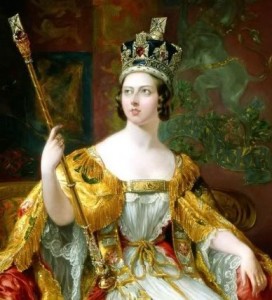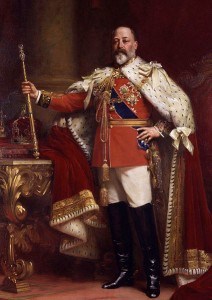As Canada prepares to host the Prince of Wales and Duchess of Cornwall for their Diamond Jubilee visit, the Canadian press is debating the Prince’s merits as a future King. Both the Prince’s admirers and detractors focus almost exclusively on their perception of his character and activities. A recent article on cbc.ca summarized the debate as a question of whether Prince Charles is “A fuddy-duddy who talks to his plants, or a misunderstood visionary whose thoughtful views on everything from architecture to ecology and faith reflect a man whose values are important to Canadians?”
Canadians skeptical of Prince Charles cite a broad range of reasons including his role in the breakdown of his first marriage to the late Diana, Princess of Wales, the perceived eccentricity of his opinions, his willingness to share these opinions with the public, and the comparative popularity of his son and daughter-in-law, the Duke and Duchess of Cambridge.

There is an enormous difference between how most British monarchs were perceived at the time of their ascensions and the time of their deaths. Every King or Queen in the past couple centuries has faced some degree of public skepticism when he or she became the reigning monarch. Observers of Queen Victoria and Queen Elizabeth II questioned whether the august duties of Head of State could be successfully discharged by a young woman. When Queen Victoria was crowned in 1838, at the age of nineteen, the author Thomas Carlyle remarked, “Poor little Queen! She is at an age at which a girl can hardly be trusted to choose a bonnet for herself, yet a task is laid upon her from which an archangel might shrink.”

Since Queen Victoria reigned for sixty-three years, it was difficult for her subjects to imagine her eldest son, Albert Edward, as King after her death in 1901. Like Prince Charles, Albert Edward’s reputation was the subject of popular debate during his long tenure as Prince of Wales. His admirers praised his sociability and good intentions while his detractors noted his gambling, womanizing, and testimony in two separate divorce cases. As King Edward VII, Albert Edward gained widespread admiration as a diplomat and peacemaker in foreign affairs, far exceeding the mixed expectations he faced when he ascended the throne.
Both George V and George VI were second sons who had been educated for the navy instead of kingship. Like Edward VII, they both exceeded comparatively low popular expectations to become respected sovereigns. When George V died in 1936, the public viewed him as the model of domestic respectability, but his first act as King in 1910 had been to initiate legal proceedings against a journalist who accused him of bigamy with both Queen Mary and an admiral’s daughter. King George noted in his diary, “The whole story is a damnable lie and has been in existence now for over twenty years. I trust that this will settle it once and for all.” The journalist was sentenced to twelve months in jail for criminal libel. As dramatized in The King’s Speech, George VI overcame his difficulties with public speaking to become an effective leader during the Second World War.
The precedents set by past monarchs suggest that popular critiques of Prince Charles in the media do not capture his potential as the future King. His immediate predecessors all overcame the skepticism they faced as royal heirs to become successful and popular monarchs.


